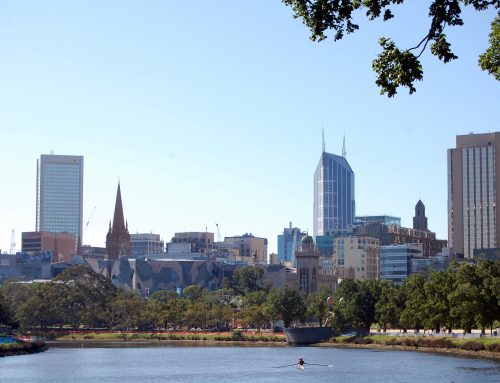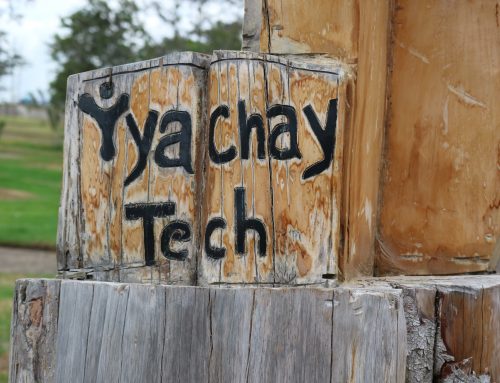Can technology and green building provide a prosperous, enjoyable, and sustainable life?
Songdo is a newly built “smart city” near Seoul, South Korea.
Songdo International Business District (Songdo IBD) has been built of reclaimed land on Incheon’s waterfront, 65 km southwest of the megapolis Seoul, South Korea, and close to the Incheon International Airport. As its name indicates Songdo was designed as a corporate aerotropolis, and is part of the much larger city of Incheon. It was planned to be a place for corporate headquarters to locate with new efficent infrastructure, and easy air access to much of Asia. Despite being planned as a international corporate business hubs has attracted Korean families who view it as a nice place to live. About 70,000 people live in Songdo. And while international organizations such as the Green Climate Fund and World Bank have moved offices to Songdo, there have been much fewer than expected businesses moving.
Songdo is still being built. Begun in in the early 2000s, Songdo is about 70% built. It was originally scheduled to be completed in 2014, is a bit over half finished, with about 50 million square feet built. Planners expect it to be finished in 2020 and have a much larger population. Songdo has 40% of its area reserved for green space, and it is designed for bicycling and electric vehicles. Its major buildings are LEED certified. Songdo in a corporate city, owned primarily by Gale International a US private real-estate developer in partnership with the Korean conglamorate Posco. The project was built with financing from international banks and infrastructure development, labor, and funding being provided by the nearby city of Incheon. The city’s destruction of ecologically rich wetlands for land reclamation practices have been criticised by conservationists, as have the lack of ecological infrastructure and planning for sea level rise.
Songdo is growing, and it could be reproduced in different places. However, probably its most useful contribution is if people can learn how to build better ‘green’ cities in the future. Rapid urbanization has raised interest in new city development, especially in Asian, but many of these projects have been failures. Smart cities are a subject of much hype, and recently urbanist Colin Marshall writing in the Guardian described Songdo as “possibly the most humane space of its type I’ve yet encountered. Not that the others set the bar terribly high.” Learning how to build attractive, low impact cities would be a great achievement. However, even better would be learning how to incorporate built infrastructure with ecological functioning is a socially vibrant way.



